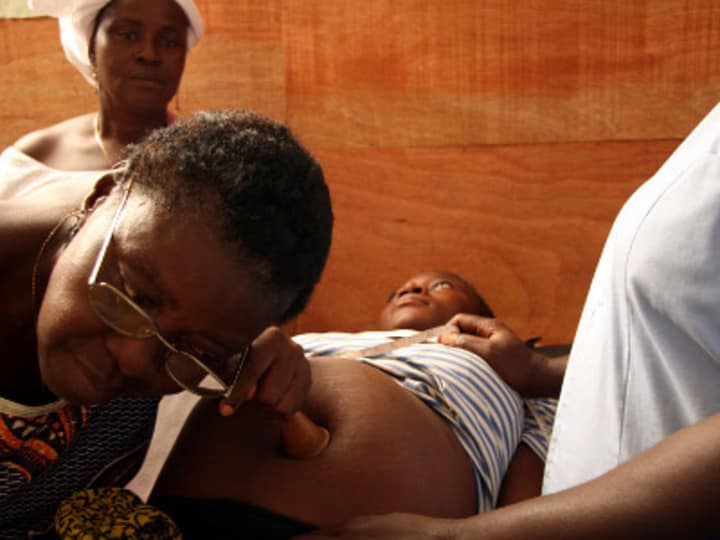
For years, progress on the Millennium Development Goal of improving maternal health was painfully slow. Now, MDG 5 has become the cornerstone of a new global health strategy which is expected to be the engine that propels progress toward all eight goals.
It was a focal point at the Sept. 20-22 United Nations High-Level Plenary on the Millennium Development Goals. It is central to U.N. Secretary-General Ban Ki-moon’s Global Strategy for Women’s and Children’s Health, unveiled with much fanfare at the summit. And it was the subject of a series of financial, services and policy commitments by key donors, developing nations and civil society leaders.
True, the rate of maternal and newborn mortality has decreased, especially in countries like India. Access to reproductive health services is increasingly seen as a human right, and leaders from the developing and industrialized world have pledged to provide free care to pregnant women and young mothers.
But will all of this new attention be enough to reach MDG 5 targets, achieve universal access to reproductive health and reduce the maternal mortality ratio by three quarters between 1990 and 2015?
The United Nations Foundation, in collaboration with Devex, would like to hear from you about your experience in improving maternal health around the globe. This is a unique opportunity for those on the front lines of the global fight against poverty to tell policymakers what is going on in the field – which approaches have proven successful, and what challenges remain.
Tell us how your work is helping to boost maternal health. Your experience and knowledge is key to one of the most important initiatives of our time.
Join. Be heard. Visit our MDG website and start posting your comments, challenges and success stories now!

